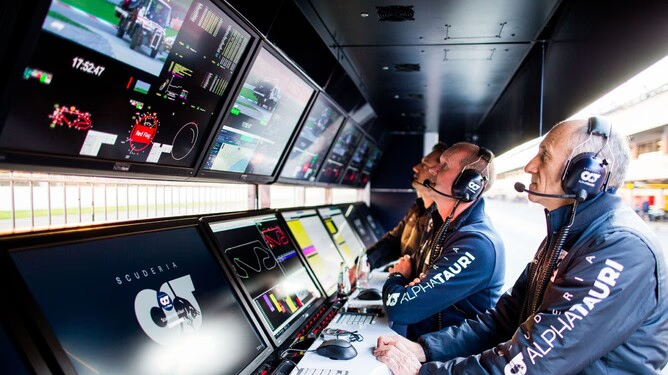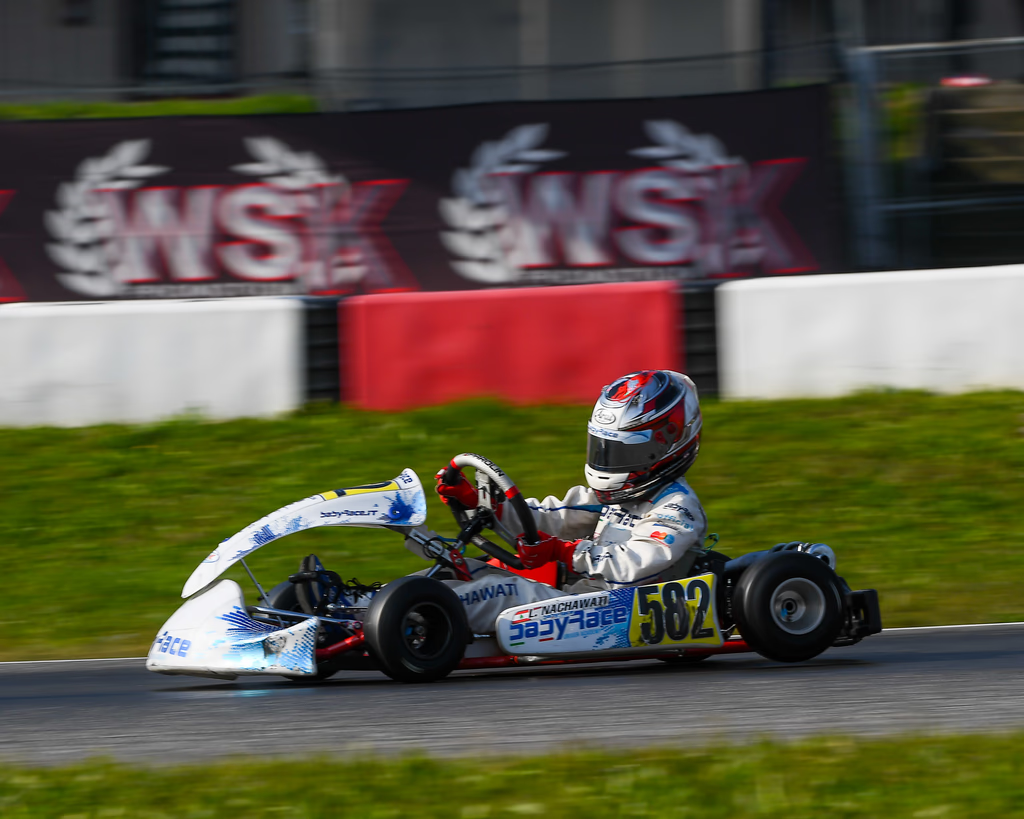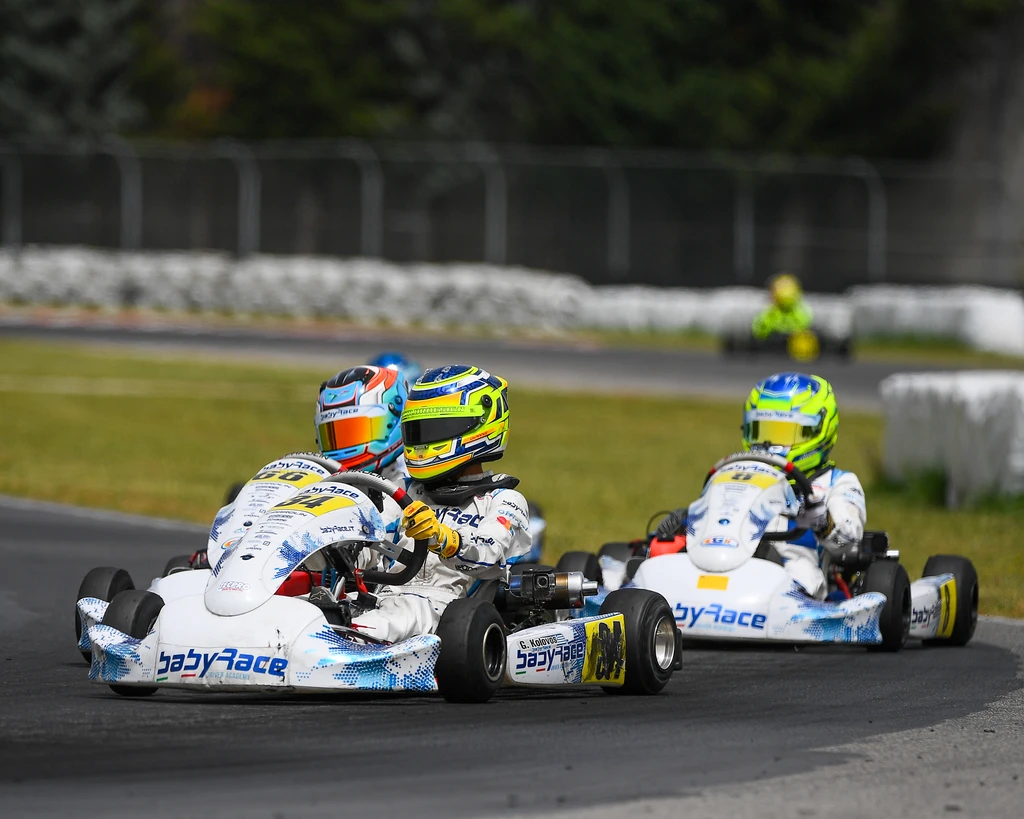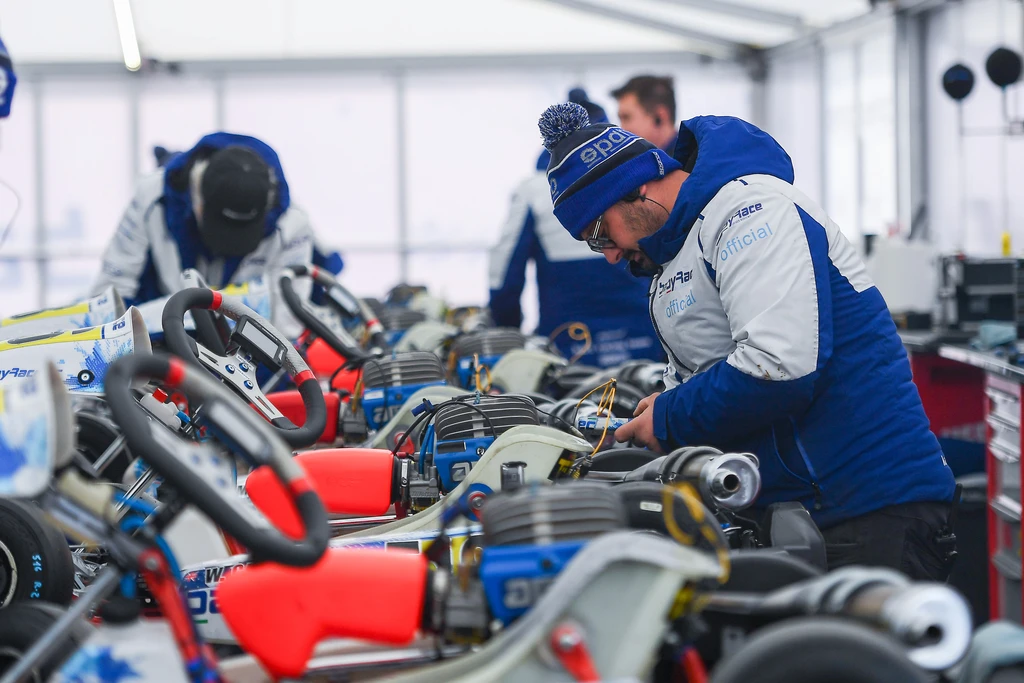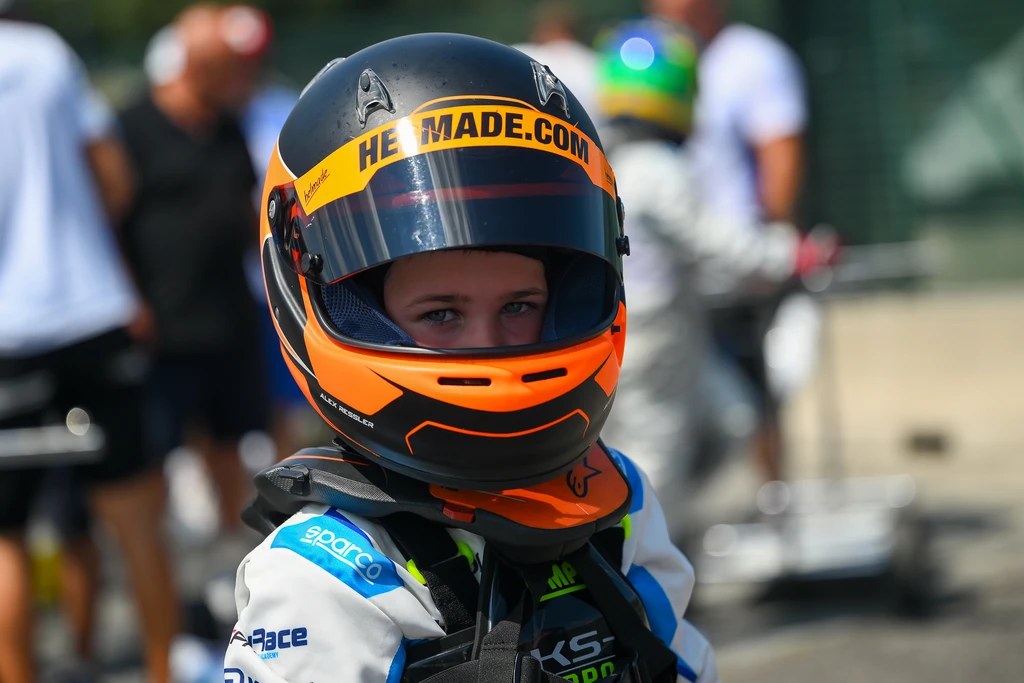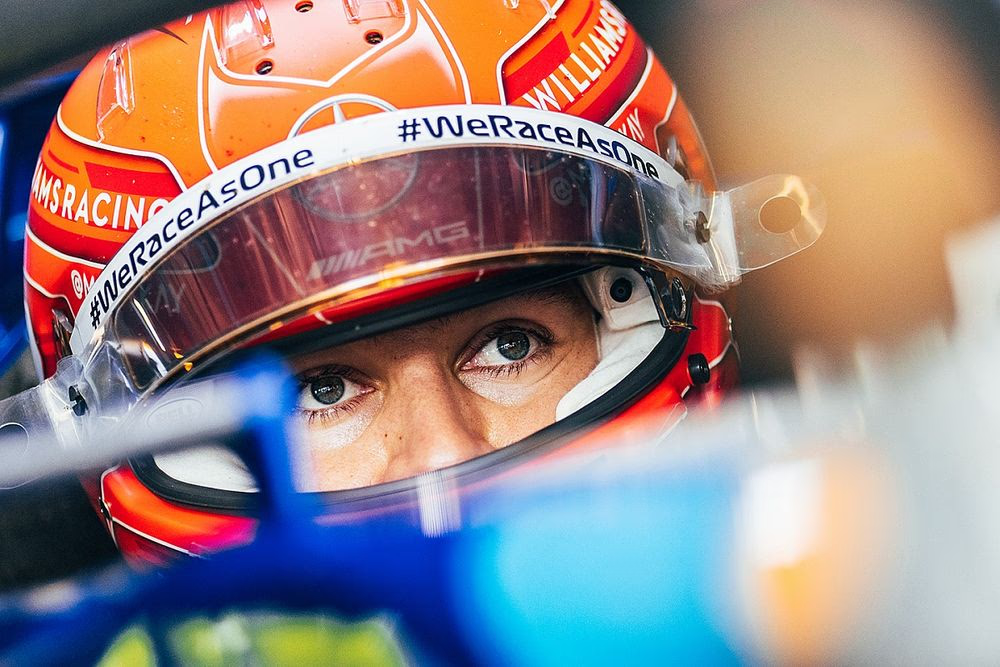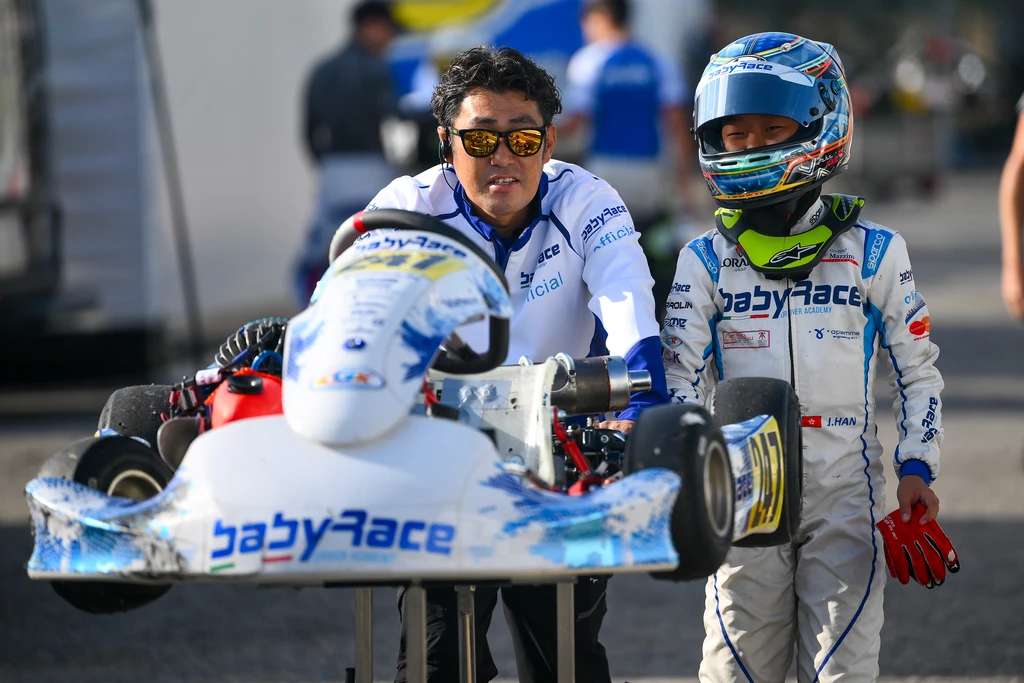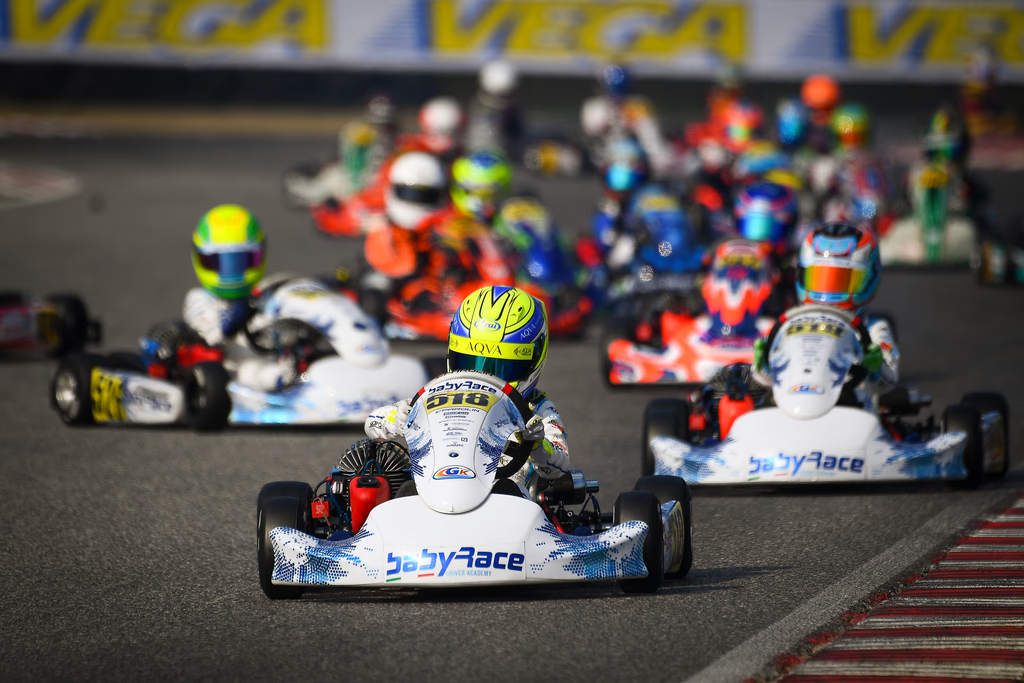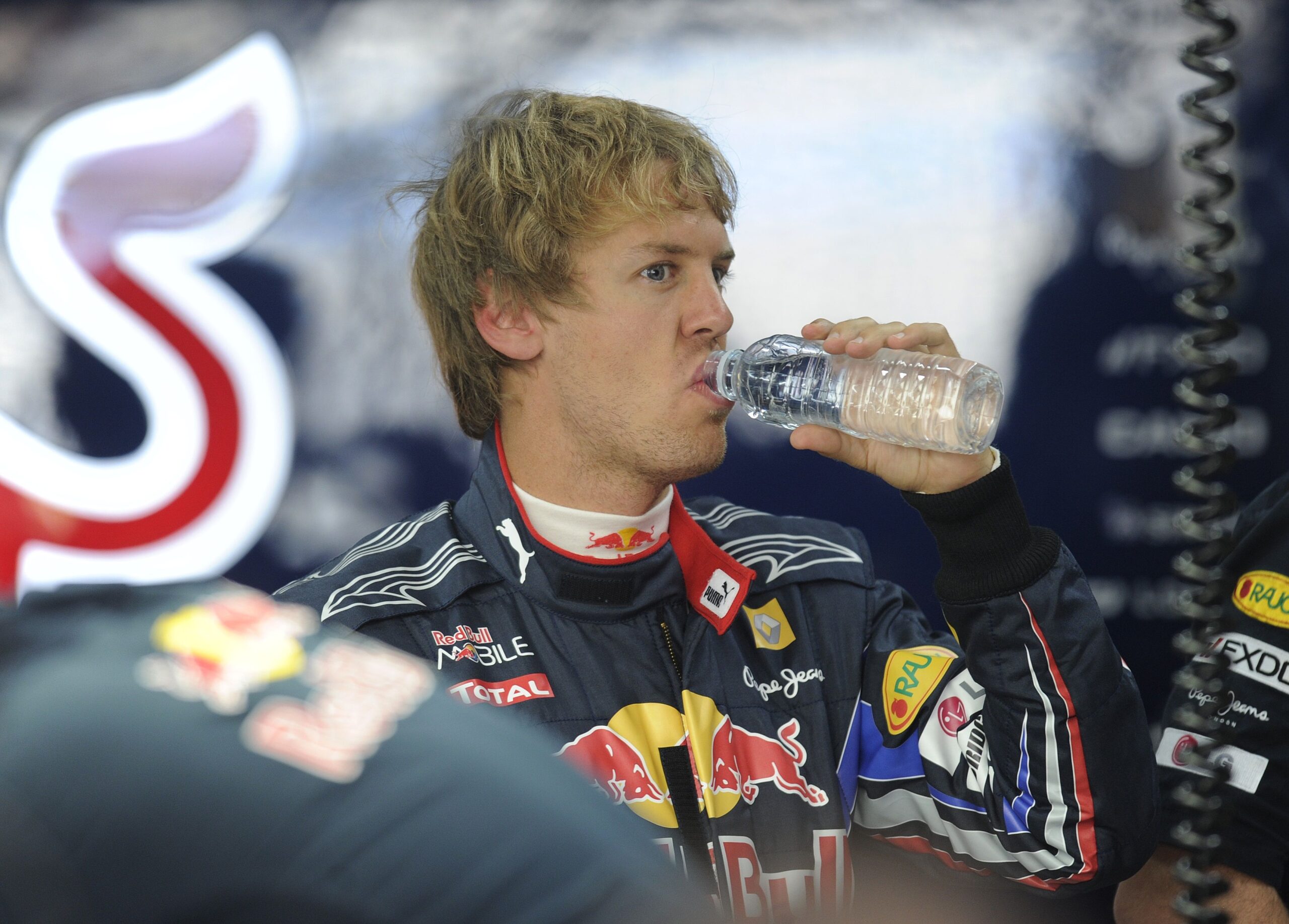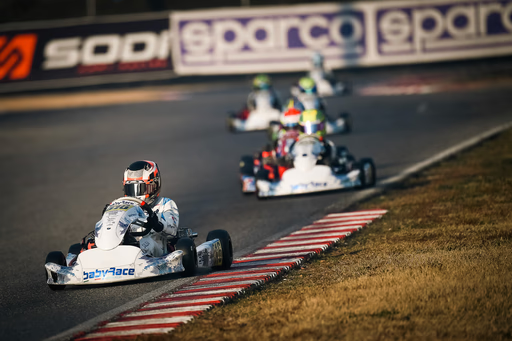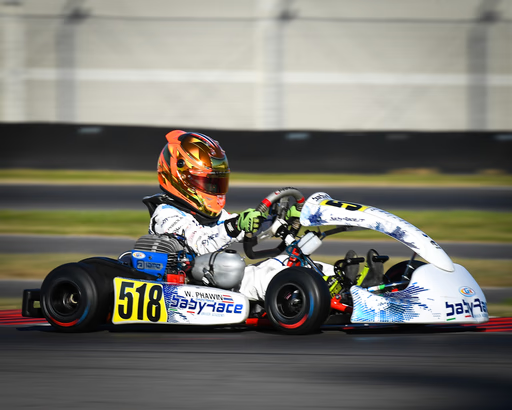Most people that are not yet in this sport think go-karting is just a fun thing to do on weekends. Funny, uh?
But honestly? It’s so much more than that.
It’s where racing careers are started. Where real champions are born.
And the way it all began? Pretty wild.
Let me take you through the story of how karting went from a simple backyard idea to the starting point of almost every Formula 1 driver out there.

How It All Started
Back in the 1950s, karting didn’t look anything like what we know today.
It all kicked off in California when Art Ingels—who used to work on IndyCars—threw together a small racing machine using a lawn mower engine. Can you imagine it? A lawn mower engine!
He tested it in a parking lot, and people immediately got curious about it.
From that moment, karting started catching on, especially in the U.S.
Then it quickly spread around the world.
People falsely believe that karting was born in Italy (including me), but that’s not true, in fact it was born in the States and than it developed and grown tremendously here in Italy, becoming the center of it.
The First Races and Tracks
At first, people were racing these little machines anywhere they could—parking lots, streets, even fields.
But it didn’t take long before kart-specific tracks were built. And once that happened, it all got more serious.
Clubs started forming, races got organized, and suddenly karting wasn’t just a fun weekend activity, it became a real motorsport with structure and purpose.
The Rise of Competitive Karting
By the 1960s and 70s, karting championships started popping up everywhere.
Manufacturers like Tony Kart, CRG, Birel, and many others began producing dedicated chassis for competition. Engines got faster. Tires got grippier. And the level of driving went through the roof.
It wasn’t just for fun anymore. Karting was turning into a legitimate entry point for motorsport.
The Connection to Formula Racing
Here’s where it gets cool.
As karting grew, more and more drivers started using it as a stepping stone.
Drivers like Ayrton Senna, Michael Schumacher, Fernando Alonso, and more recently Max Verstappen and Lewis Hamilton—all of them were karting champions first.
Why? Because karting teaches you absolutely everything: how to brake late, overtake, manage pressure, and most importantly: how to race, and race hard they did.
It’s the most pure and raw form of racing out there.
Karting Today
Fast forward to today, and karting is a full-blown international sport.
You’ve got world championships, European championships, national titles, and serious teams with full-time mechanics and coaches. Some kids are racing karts before they even turn 8.
And they start even at 4 – 5 years old nowadays. I started at 6 back in 2004.
And trust me, the level today is insane.
Karting is no longer just a hobby, it’s a career path of its own as well as a springboard to Formula 1.
Final Thoughts
So yeah, when people ask me why karting matters, I always go back to this:
It’s where you learn the craft.
The roots of motorsport are in karting, and the more you understand that history, the more you’ll respect the sport.
If you’re just getting started, know this—you’re part of something much bigger than just laps around a track. You’re stepping into a legacy that’s been building up for over 70 years.
Enjoy every second of it.
Just Senndit
—Alessio Lorandi

